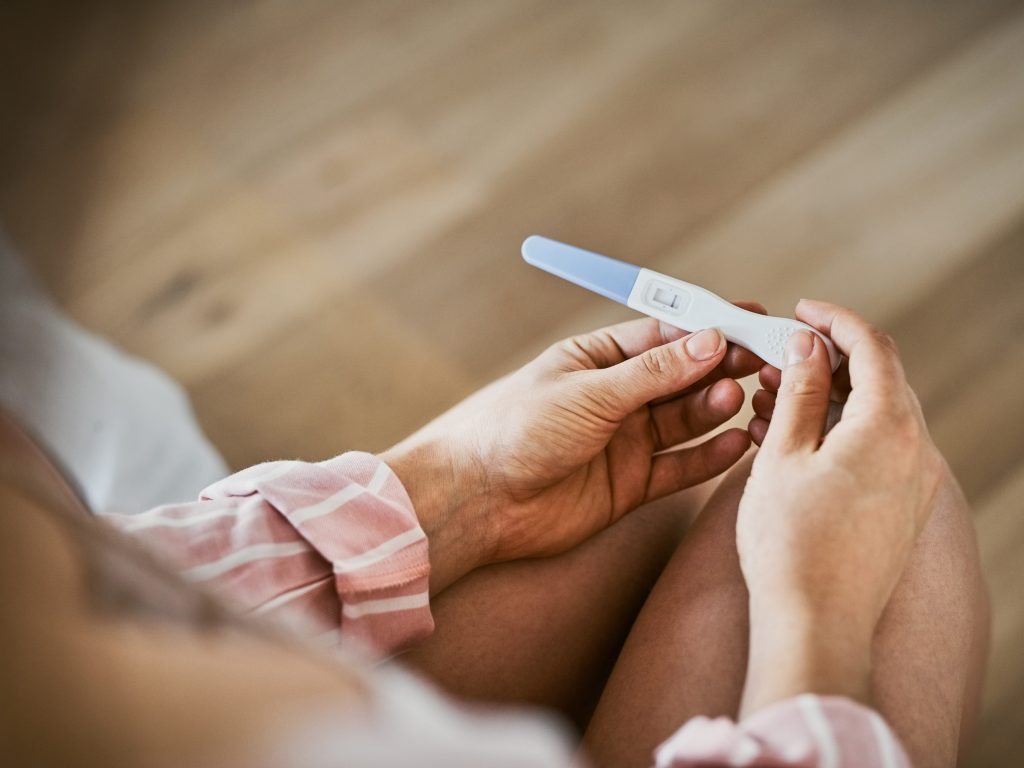- Scientists are concerned about Mycoplasma genitalium, a little-understood STD that is linked to infertility.
- Dr. Irene Stafford, a maternal-fetal medicine specialist, said the STD was a "real concern."
- Most people don't get symptoms, but it can cause pain when peeing in both men and women.
Scientists warn Mycoplasma genitalium, a little-understood sexually transmitted disease linked to infertility, could be silently spreading amid a lack of testing and research.
The STD isn't tracked by health officials, so it could be spreading undetected and possibly causing harm, according to experts.
Dr. Irene Stafford, an associate professor of maternal-fetal medicine at McGovern Medical School at UTHealth Houston, said on Tuesday during the Centers for Disease Control and Prevention (CDC) STD Prevention Conference that Mycoplasma genitalium infections were a "real concern."
"Why are we not looking into this?" Stafford said, per NBC News.
Mycoplasma genitalium has been around since 1981, but FDA-approved testing for it only became available in 2019, and people aren't routinely screened for it, according to the CDC. This means that we don't know how widespread it is, who it affects most, or the long term consequences of an infection.
Lisa Manhart, a professor of epidemiology at the University of Washington School of Public Health, estimated that as many as 20% of sexually active women and 17% of sexually active men aged between 15 and 24 could be infected with Mycoplasma genitalium, per NBC News.
For comparison, chlamydia is the most common STD in the US, and 5% of sexually active women aged between 14 and 24 are infected with it, according to NBC News.
Mycoplasma genitalium can cause pain when peeing
Mycoplasma genitalium doesn't cause symptoms in most people, but some experience symptoms from 2 to 35 days after becoming infected.
In men, Mycoplasma genitalium can cause inflammation of the urethra — the tube that carries urine out of the penis — causing watery discharge from the penis, or pain when peeing.
In women, Mycoplasma genitalium can cause: inflammation of the cervix —the opening to the womb — which can cause: unusual vaginal discharge, discomfort when peeing, and bleeding between periods, often after sex.
The infection can then spread to the fallopian tubes that connect the ovaries and the womb, causing PID pelvic inflammatory disease (PID). PID causes symptoms like: fever, low abdominal pain, and pain during on intercourse.
If left untreated in women, PID can lead to fallopian tube scarring, which increases the risk of ectopic pregnancy and infertility.
The choice of antibiotics to treat Mycoplasma genitalium currently depends on the strain. Mycoplasma genitalium is resistant to at least one antibiotic commonly used for STDs, called azithromycin.
Simon Clarke, associate professor in cellular microbiology at the University of Reading, UK, told the DailyMail.com that it was "entirely feasible" that Mycoplasma genitalium could become resistant to all existing antibiotics, though this was probably "some way off."
Clarke said its "silent spread" was a problem, as people don't know to get tested for it and then pass it on.
We don't know the long-term effects of an infection
More research is needed to know the long-term risks of Mycoplasma genitalium, including in those who don't have symptoms, experts told NBC News.
According to NBC News, Stafford wanted to raise public awareness of Mycoplasma genitalium to try to boost research efforts.
"The implications of untreated Mycoplasma genitalium on fertility and sexual health is real," she said.
